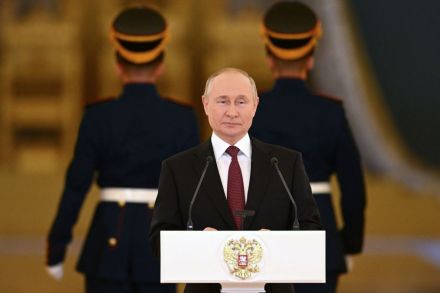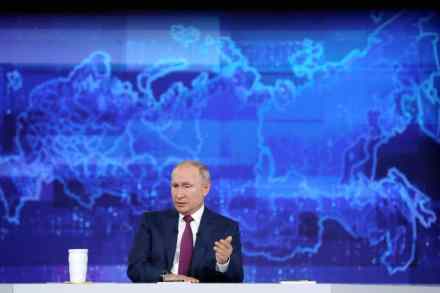The truth about Putin’s nuclear threats
Putin has been preparing for this war for a long time. I first began writing about Putin and Nikolai Patrushev’s [head of the Russian security council] doctrine in 2009. It was based on the fact that these two, these scoundrels, thought that they had come up with a way to beat the West using blackmail – audacious, cynical blackmail – by threatening the use of tactical nuclear weapons. This was despite being inferior to the West in every way: economically, in terms or civility or conventional warfare. The scenario they envisaged for war, not only with Ukraine but with the whole of the West, with Nato, was spoken about and analysed repeatedly





















